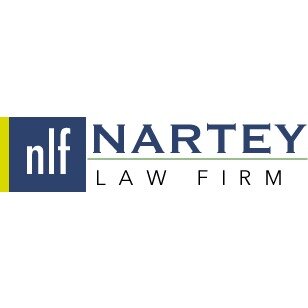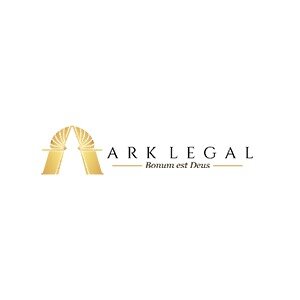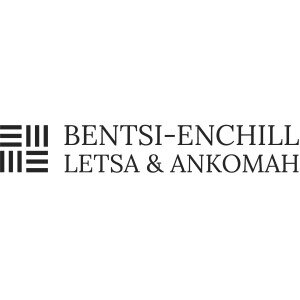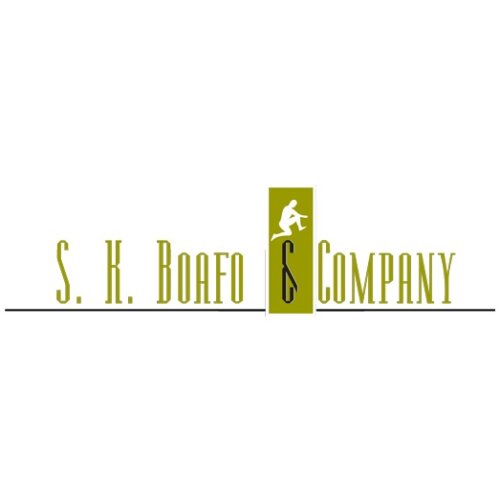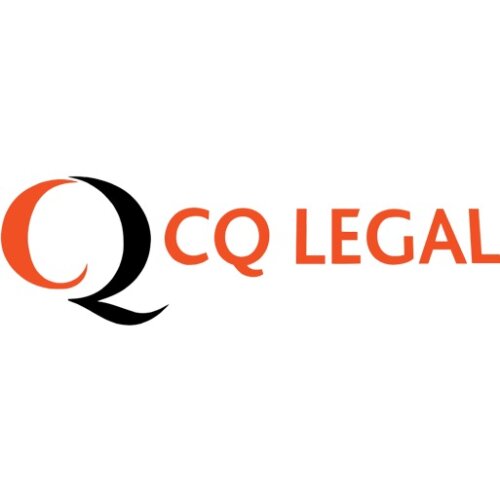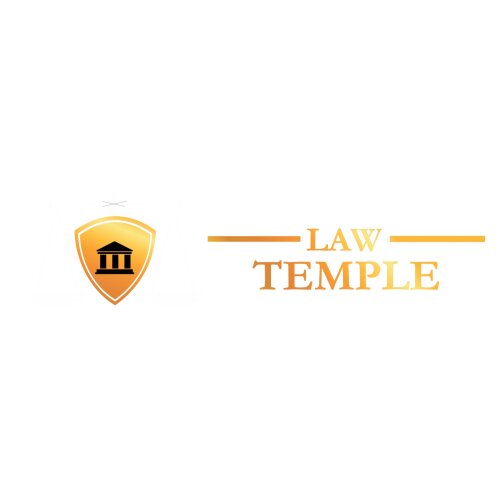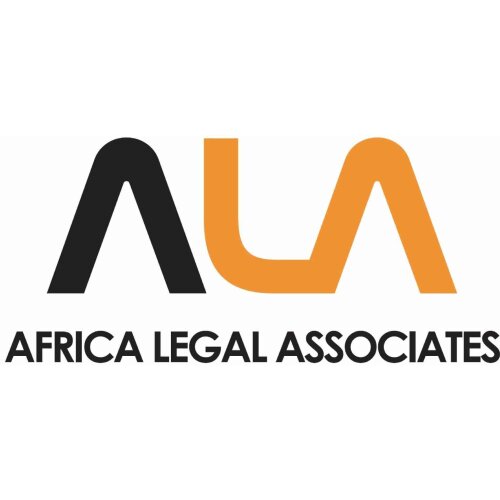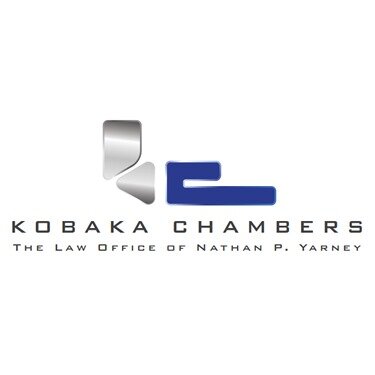Best Foreclosure Lawyers in Ghana
Share your needs with us, get contacted by law firms.
Free. Takes 2 min.
Free Guide to Hiring a Real Estate Lawyer
Or refine your search by selecting a city:
List of the best lawyers in Ghana
About Foreclosure Law in Ghana
Foreclosure in Ghana is a legal process through which a lender attempts to recover the balance of a loan from a borrower who has stopped making payments. The process usually involves the sale of the mortgaged property. It’s typically governed by the Borrowers and Lenders Act, 2008 (Act 773) and the Mortgages Decree 1972 (NRCD 96). These laws outline the rights and responsibilities of both lenders and borrowers. The process can be complex, involving the court system, and is designed to protect the interests of both parties while ensuring that the lending institutions can recover their funds.
Why You May Need a Lawyer
Individuals facing foreclosure often need legal assistance for various reasons. Lawyers can help by providing clarity on mortgage agreements, negotiating with lenders, and representing clients in court proceedings. Common situations requiring legal help include:
- Disputes over mortgage terms or payment schedules.
- Challenges related to unfair lending practices or predatory lending.
- Need for mediation or negotiation with lenders to prevent foreclosure.
- Legal representation in court to contest foreclosure actions.
- Guidance on navigating the legal procedures involved in foreclosure.
Local Laws Overview
In Ghana, several key laws and regulations govern foreclosure and the rights of borrowers and lenders. These include:
- The Borrowers and Lenders Act, 2008 (Act 773): This law regulates the relationship between borrowers and financial institutions, detailing the rights of borrowers and the obligations of lenders.
- The Mortgages Decree 1972 (NRCD 96): This provides the legal framework for creating, transferring, and enforcing mortgages in Ghana.
- The Courts Act, 1993 (Act 459): Governs the judicial process and outlines the powers of the courts in matters of mortgage disputes and foreclosures.
These laws ensure a structured and fair process, protecting the rights of both parties involved in a foreclosure.
Frequently Asked Questions
What is foreclosure?
Foreclosure is a legal process that allows lenders to recover the amount owed on a defaulted loan by selling the property used as collateral.
How long does the foreclosure process take in Ghana?
The duration varies depending on the complexity of the case, court schedules, and whether the borrower contests the foreclosure. It can take several months to years.
Can I stop a foreclosure once it starts?
Yes, options may include negotiating a new payment plan with the lender, refinancing the loan, or selling the property to pay off the debt.
Do lenders need to go to court to foreclose on a property?
In Ghana, foreclosure typically requires court proceedings to ensure legal compliance and fair treatment for both parties.
What are my rights during a foreclosure?
Borrowers have the right to be informed of the proceedings, to contest the action in court, and to seek legal representation.
Can a foreclosure be reversed?
Reversing a foreclosure depends on the case specifics, often requiring legal intervention to prove errors or negotiate terms with the lender.
What happens if the sale of the property doesn't cover the loan amount?
The borrower may still owe the difference, known as a deficiency, unless negotiated otherwise with the lender.
Are there programs to help homeowners avoid foreclosure?
Yes, various financial institutions may offer loan restructuring or refinancing options to help homeowners manage their payments.
What are the consequences of a foreclosure on my credit history?
Foreclosure can significantly impact your credit score, making it harder to obtain future loans or credit.
Is it possible to negotiate my mortgage terms to prevent foreclosure?
Yes, negotiation with lenders can be an effective strategy, often involving reduced interest rates or extended payment terms.
Additional Resources
There are several resources available for individuals seeking assistance with foreclosure issues in Ghana:
- The Ghana Bar Association: Provides referrals to qualified legal professionals experienced in foreclosure law.
- Legal Aid Commission: Offers legal assistance to those unable to afford legal representation.
- The Bank of Ghana: Offers information on lending practices and borrower rights.
Next Steps
If you are facing foreclosure and need legal assistance, consider the following steps:
- Consult with a professional foreclosures attorney who can offer tailored advice and representation.
- Gather all relevant documentation, including mortgage agreements and any communication with your lender.
- Contact local legal aid services if you require financial assistance for legal services.
- Stay informed about your rights and the foreclosure process to make educated decisions.
Taking proactive steps can help you manage the foreclosure process more effectively and work towards a resolution that is beneficial for your circumstances.
Lawzana helps you find the best lawyers and law firms in Ghana through a curated and pre-screened list of qualified legal professionals. Our platform offers rankings and detailed profiles of attorneys and law firms, allowing you to compare based on practice areas, including Foreclosure, experience, and client feedback.
Each profile includes a description of the firm's areas of practice, client reviews, team members and partners, year of establishment, spoken languages, office locations, contact information, social media presence, and any published articles or resources. Most firms on our platform speak English and are experienced in both local and international legal matters.
Get a quote from top-rated law firms in Ghana — quickly, securely, and without unnecessary hassle.
Disclaimer:
The information provided on this page is for general informational purposes only and does not constitute legal advice. While we strive to ensure the accuracy and relevance of the content, legal information may change over time, and interpretations of the law can vary. You should always consult with a qualified legal professional for advice specific to your situation.
We disclaim all liability for actions taken or not taken based on the content of this page. If you believe any information is incorrect or outdated, please contact us, and we will review and update it where appropriate.
Browse foreclosure law firms by city in Ghana
Refine your search by selecting a city.



